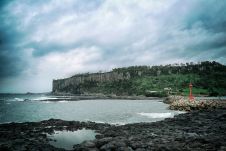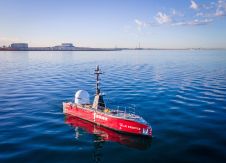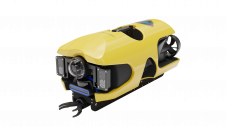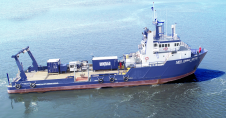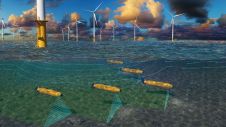Capacity Building in the Workplace
Many projects intended to improve maritime safety have been conducted around the world over the years, many of which have been in what might be regarded as developing regions. Great efforts have been made and in many instances large amounts of funding spent but the results and sustainability of these projects may not always reflect what was initially envisaged.
Usually the equipment needed is relatively easily identified and supplied but administrative and operational aspects may require greater attention. Often the personnel required need to be sent on extensive and lengthy training courses and programmes leaving their current tasks partially unfulfilled which can be challenging.
In the interests of project sustainability and the overall development of national maritime safety a number of issues should be addressed prior to the technical requirements. The scheme shown above gives an insight in various responsibilities and qualifications for maritime personnel.
This includes a national acceptance of international, regional and national responsibilities related to maritime safety, determining whether the appropriate authority has been delegated and whether the consequences of failure have been fully realised. What personnel would be required for projects, what their experience and qualifications should be and then perhaps the technical requirements could be considered.
In-house and online courses given by experts are now available in hydrography and for the operation and maintenance of aids to navigation. The benefit of these courses is that the personnel participating can continue to fulfill some of their current responsibilities, work and study to an approved programme, prepared by institutions such as IALA and Plymouth University, but the staff continue to serve in their current positions. When the candidates have completed the initial ‘virtual’ training they will have a better understanding of the requirements for operating a maritime safety service and have the required entry level for the longer, more intensive courses that can provide them with the required expertise.

Value staying current with hydrography?
Stay on the map with our expertly curated newsletters.
We provide educational insights, industry updates, and inspiring stories from the world of hydrography to help you learn, grow, and navigate your field with confidence. Don't miss out - subscribe today and ensure you're always informed, educated, and inspired by the latest in hydrographic technology and research.
Choose your newsletter(s)












